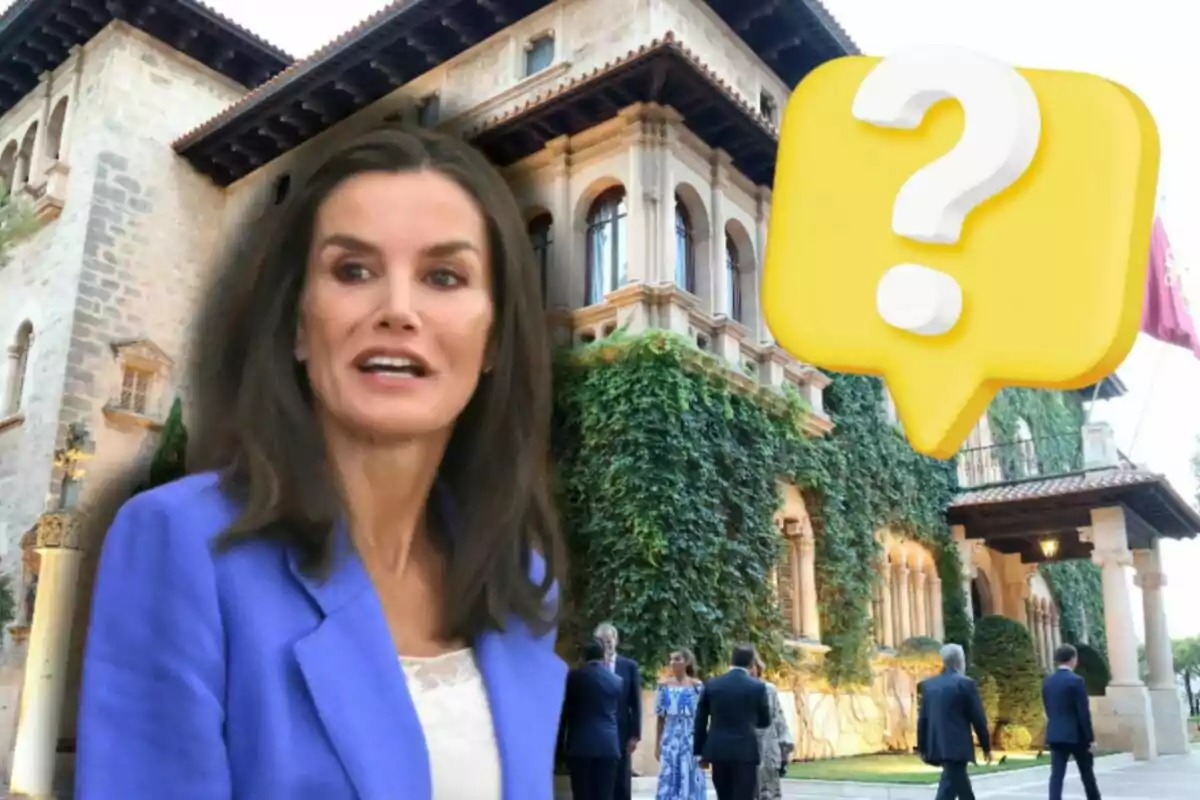Summer always brings significant changes to the schedule of Spain's royals, and this year hasn't been the exception. Queen Letizia has recently left Marivent Palace, raising an issue that goes beyond simple vacations. The truth is that this decision has sparked a debate that affects institutional organization and the very image of the Royal Household.
For years, the Royal Household has kept the destinations of their unofficial trips secret, reserving that information for the Executive. Although this practice is common, it has prompted numerous questions and criticisms, especially regarding who assumes the head of state when the king and his family are outside the national territory. The Spanish Constitution contemplates certain circumstances to activate the regency, but it doesn't precisely regulate these summer cases.

According to the Constitution, the regency first falls to the Princess of Asturias, as long as she is of legal age, and she currently is. However, the issue becomes more complicated if the heir is also unavailable, which happens when the royal family decides to travel together. In that scenario, the regency would pass to Infanta Sofía and, if she is not present, to Doña Sofía, although the Constitution doesn't recognize that role for them.
Queen Letizia leaves Marivent amid legal uncertainty over royal absences
María José Gómez y Verdú, a protocol expert, has pointed out that Spain doesn't have a formal system to replace the monarch during temporary absences, except in cases of incapacity or minority. Unlike other European monarchies, such as the Danish or British, where there are clear mechanisms and designated figures for these situations, the Spanish system is in a legal limbo. This lack of regulation creates uncertainty and opens the door to confusing interpretations regarding institutional leadership.

Meanwhile, the lack of transparency about official and unofficial vacation destinations not only affects public oversight but also public perception. Other European monarchies provide clearer information about royal breaks, which strengthens the image of institutional order. In Spain, the discretion surrounding these trips has become a recurring focus of criticism, especially in a context where public trust is key for the monarchy.
The departure of Queen Letizia from Marivent reignites the need to regulate the regency and increase transparency
Expert Gómez y Verdú highlights that this opacity can erode trust, even though support for the monarch remains high. The need to activate the regency when Felipe is absent means that someone must perform constitutional functions, such as signing laws or attending events. However, since this mechanism isn't properly regulated, it can seem unclear or even trivialized if it's used to cover simple vacations, which fuels discontent and controversy.
Ultimately, the departure from Marivent by Letizia and Felipe is not just a matter of personal schedule, but a structural problem that the Spanish Constitution hasn't solved. This simultaneous absence of the main members of the Royal Household demands more precise regulation and greater transparency for the public. The debate is open, and the Royal Household will have to address it to preserve their legitimacy at a time of high demand for institutional clarity.

